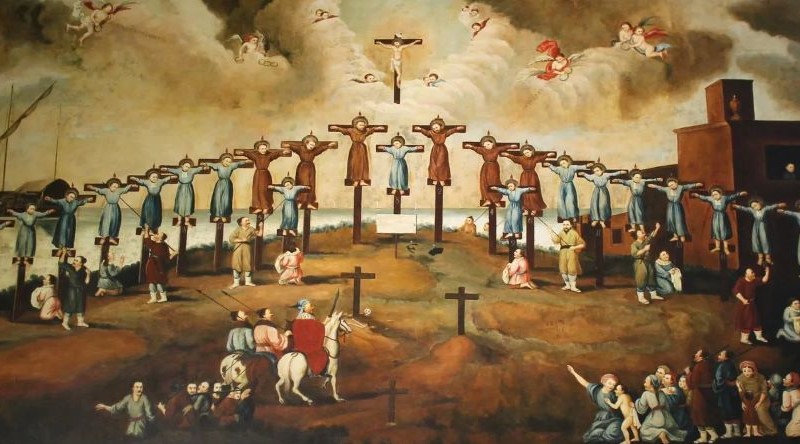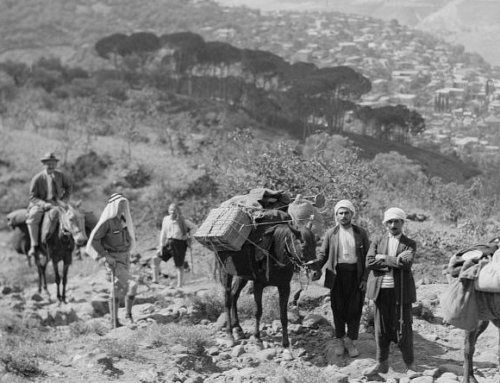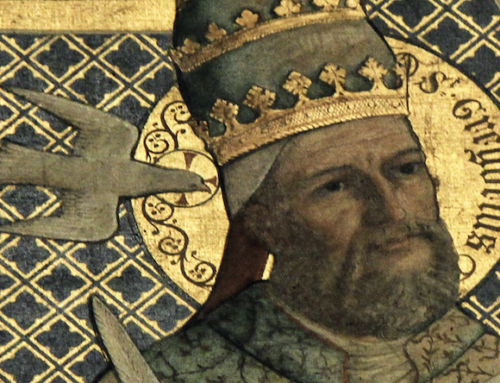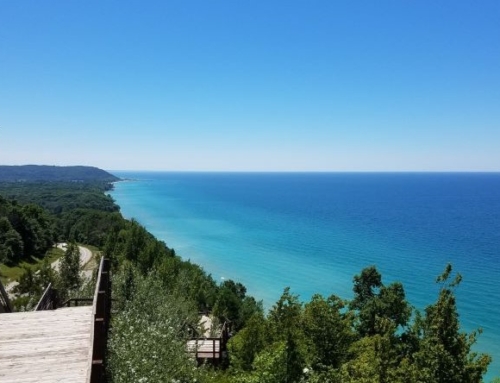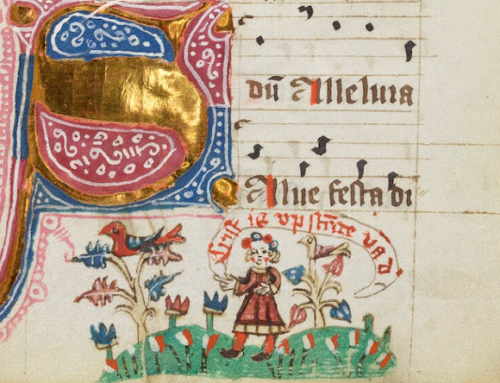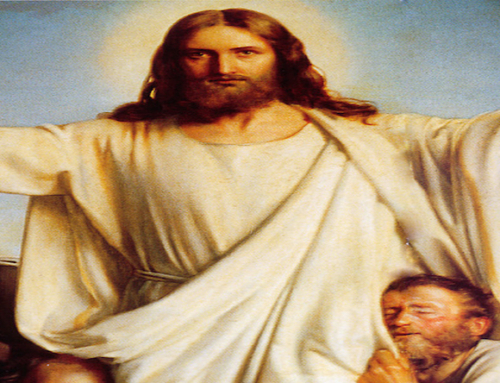A year ago, when I was in the Novitiate, I went out with one of the elderly priests to help him get some things he needed. In the course of our errands, we stopped at a watch store. The man who worked there came up to us and asked us if we needed help, to which I replied that we were just looking. However, the priest decided to engage with the man in a conversation about why Swiss watches are the best. At some point, he asked the priest where he was from and he replied, “From the Dominican Church up the hill.” But the man insisted, “No, where are you really from?” At this, the priest understood and, with a surprised face, answered with pride, “From Switzerland!”
How unusual it would be if someone asked you where you were from and you did not know. Even weirder would it be if you did not know your name. If in this social sense, not knowing who you are is tragic, even more is this the case for our souls. So, who are you?
Saint Paul tells us, “We are his workmanship, created in Christ Jesus for good works, which God prepared beforehand, that we should walk in them” (Eph 2:10). We were created by God through Jesus Christ and redeemed by him as well. But we are not merely “his workmanship,” not mere objects before God, but free men and women created by God and for God alone. To speak plainly, “We are God’s children . . .” (1 John 3:2). This is the answer that we must give to the world and ourselves when asked who we are. Yes, children—not subjects, not slaves to sin and death. But free, “free to worship him without fear, holy and righteous in his sight all the days of our life (cf. Luke 1:74–75)” By his death and resurrection, Christ has liberated us from the yoke of sin so that we might readily accept his sweet yoke which leads to everlasting life.
It is this “glorious liberty of the children of God” (Rom 8:21) that set Saint Dominic ablaze to preach the gospel whether by himself or with the brethren. This liberty impelled Saint Catherine to go to Avignon to tell the Pope to return to Rome. This liberty inspired Saint Francis to leap into the chaos of the Crusades in the hope of converting the Sultan. It convinced Saint Francis Xavier to enter the dark, icy land of Japan to bring the light and fire of the Gospel, to preach “Jesus Christ and him crucified.” It made Saint Therese of Lisieux write with her own blood “Credo”, “I believe.” This liberty frees us to love God without fear, as his very own dear children. What do all these saints have in common? The fact that they knew and recognized their identity as children of God and they desired to communicate this truth to everyone so that we might all live as God’s very own dear ones.
To fully enjoy these days of Easter, know that the risen Jesus lives in you. The reason the Church asks the faithful to fast and do penance for forty days is so that we might recognize Christ who dwells within us. Christ gave us the strength to bear all the penances and fastings and will continue to do so for the rest of our lives. Indeed, not only to enjoy these days of Easter but to always live as children of God we must recognize in ourselves the risen Jesus—He who gave us his spirit so that we might cry, “Abba! Father!” for when we do this “it is the Spirit himself bearing witness with our spirit that we are children of God” (Rom 8:16). This is what should move us to love one another as Christ loved us. So, who are you? A child of God redeemed by Christ’s outpouring of his blood, called by God and belonging to him alone (see Isaiah 43:1).
✠
Image: Reproduction of a painting of the 26 Martyrs of Nagasaki which originally appeared in the Church of Sao Paulo in Macau, China (now ruined)

